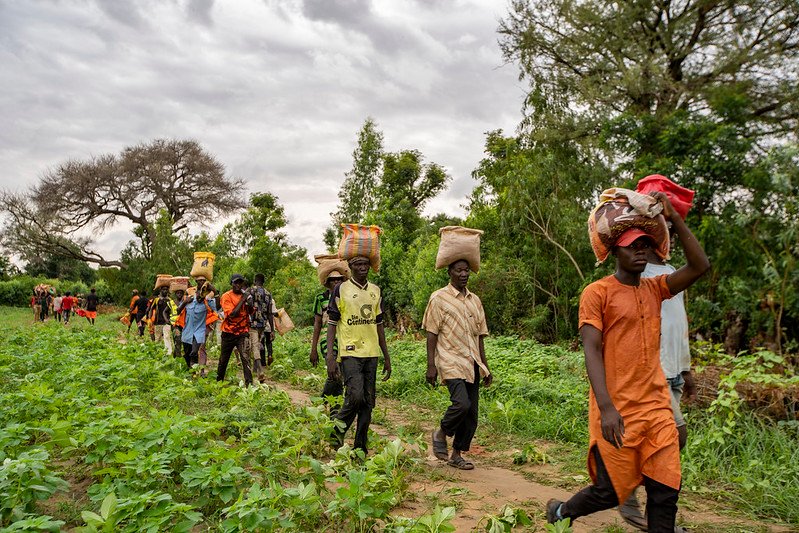Inside BENEO’s new pulse plant: pioneering sustainable protein from faba beans
The Organization’s Anticipatory Action Plan outlines ways to safeguard millions of people at risk given the climate phenomenon’s potentially devastating impacts
The Food and Agriculture Organization of the United Nations (FAO) has called for immediate global action to address the impending impacts of La Niña. It follows one of the strongest 2023-2024 El Niño climate events on record that affected more than 60 million people worldwide, including severe droughts in Southern Africa.
FAO’s La Niña Anticipatory Action and Response Plan details essential anticipatory actions and early responses to act ahead of threats, safeguard the livelihoods of rural communities at high risk, and help vulnerable farming communities mitigate negative effects on agriculture and food production.
Anticipated between September and November 2024 and expected to persist through January to March 2025, La Niña is expected to bring weather extremes with severe consequences for food security, particularly as around 282 million people already face acute food insecurity and urgently need assistance.
La Niña, a climate phenomenon characterised by the cooling of central and eastern Pacific waters, disrupts global weather patterns. It occurs every 2 to 7 years and lasts between 9 to 12 months. Climate change is driving an intensification in the frequency and impact of climate extremes such as those induced by El Niño and La Niña.

